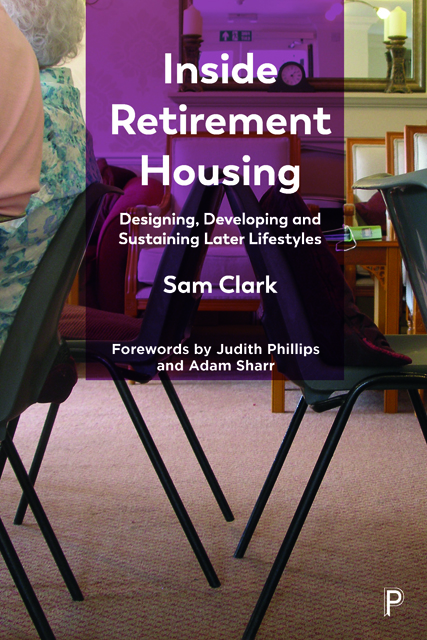11 - Company architect
Published online by Cambridge University Press: 20 June 2023
Summary
Synopsis
This is a story told in a series of verse episodes. Here poetic expression is used to capture the values of the development company architect – persons employed directly, rather than externally contracted or appointed – and cultural environment in which they perform their professional work. Five short poems represent key ‘encounters’ with in-house architectural staff working for Pink & Knight. The poems blend a range of research materials that stem from episodes of participant observation, collaborative working and social interaction. The poems are further accompanied by author notes that shed light on the contextual conditions that were pertinent to their making; dates, locations and situations are declared, as are the primary research materials used to construct the work. The text serves to give voice to – and isolate the practices of – the architect working within a company like Pink & Knight. In doing so the author (also an architect) reviews the position of co-professionals operating within a business-orientated context – the ‘other’ workplace. Readers might observe how retirement housing is considered otherwise by alternate architectural professionals; a difference typified by casting the object as either ‘product’ or ‘project’.
Methods
The rationale for presenting research in an alternative literary form was inspired by Laurel Richardson whose work reflects upon the norms of social science research writing. Richardson (2003) reminds readers that the written communication of research is the creative output of the researcher and is subject to a level of crafting and smoothing, albeit through formal modes constructed over time and consented by ‘scientific’ research communities. Richardson promotes poetic forms of representation, arguing that the construction of poems from interview material ‘does not delude the researcher, listener, or readers into thinking that the one and only true story has been written’. Poetic representation offers scope for readers to engage in reflexive analyses of their own. Poems bring readers into a more equitable position, inviting them into an interpretative labour, in much the same way that the researcher has laboured in relation to the interviewee’s interpretative labour.
Poems may also be considered more ‘true to life’ in terms of their formal characteristics. When people talk their speech is closer to poetry than prose. According to Tedlock (1983), pauses occupy nearly half the time [North] Americans spend talking.
- Type
- Chapter
- Information
- Inside Retirement HousingDesigning, Developing and Sustaining Later Lifestyles, pp. 185 - 208Publisher: Bristol University PressPrint publication year: 2022

